Book review: Smothermoss by Alisa Alering
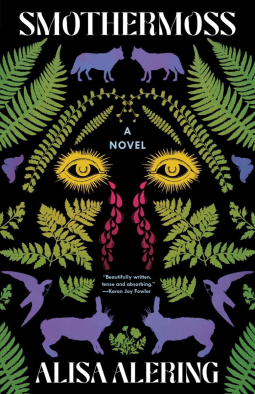
Smothermoss is entrancingly immersive, with entirely evocative language, fascinating fantastic elements, exciting action, and two very vividly drawn protagonists, sisters who have little in common and feel a lot of friction but eventually come together, with a bit of supernatural succor, to face a fearsome foe.
COMICS REVIEW: The Displaced #1 and 2
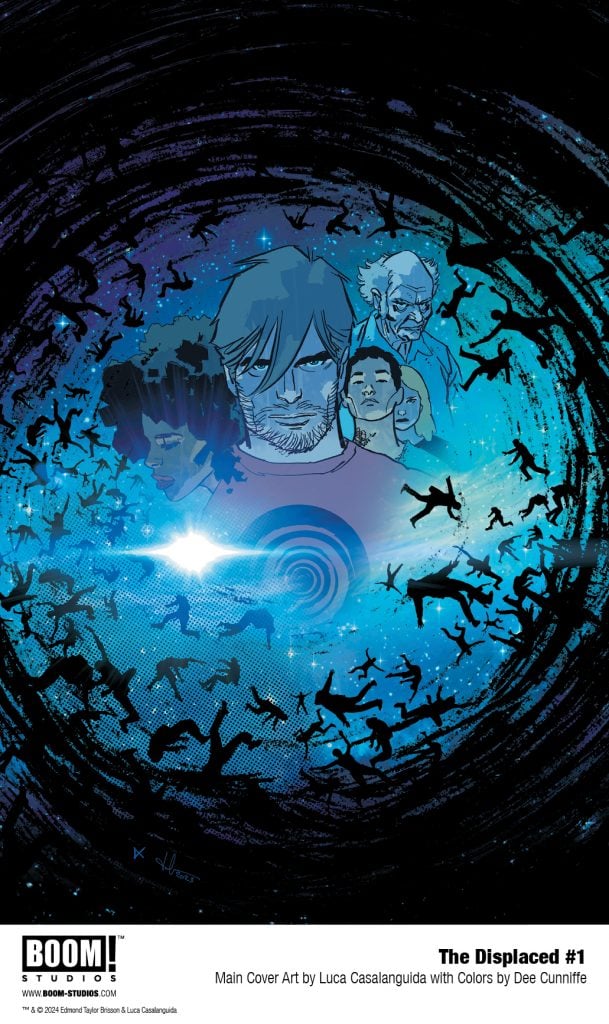
Brisson’s writing and Casalanguida’s art work in tandem to effectively establish the terror and the confusion of Oshawa’s handful of survivors and their increasing isolation as they swiftly fall down the entire world’s memory hole.
Book Review: The Imposition of Unnecessary Obstacles, by Malka Older
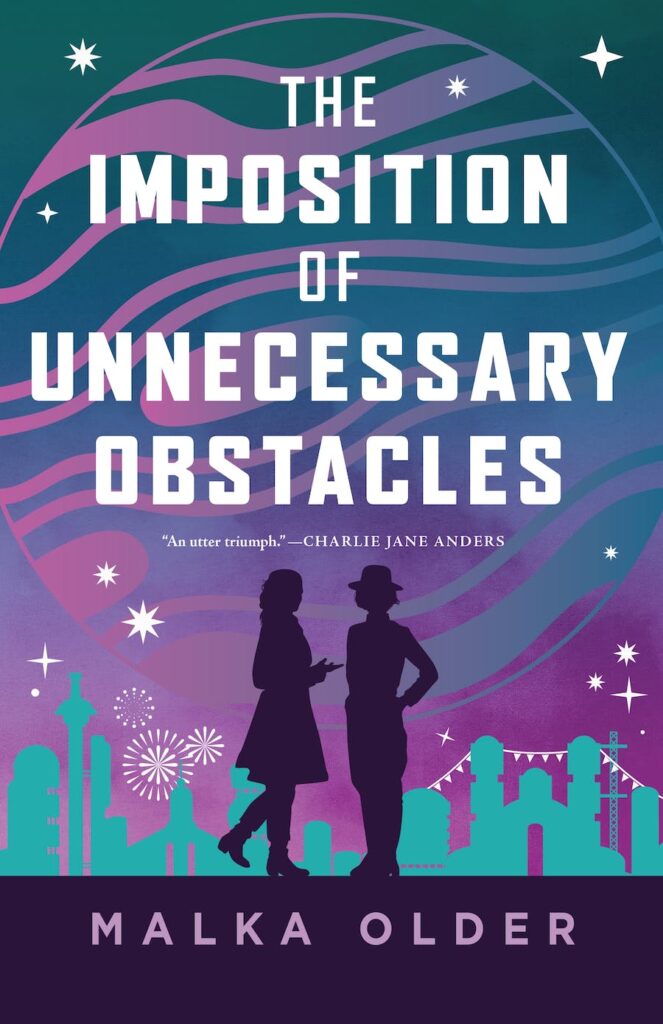
If you loved Malka Older’s The Mimicking of Known Successes, you will almost certainly find pleasure in The Imposition of Unnecessary Obstacles too.
Book Review: Uncanny Vows, by Laura Anne Gilman
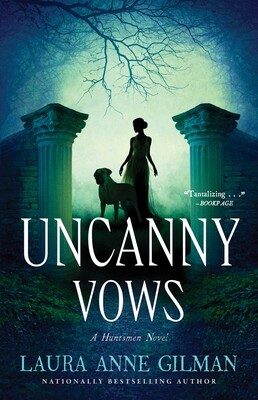
I’m sure I’ll continue to like the Harkers’ relationship, and although Uncanny Vows ties up most of its plot elements in a satisfying way, there are plenty of intriguing elements left to be explored in future books.
Book Review: A Death at the Dionysus Club, by Amy Griswold and Melissa Scott
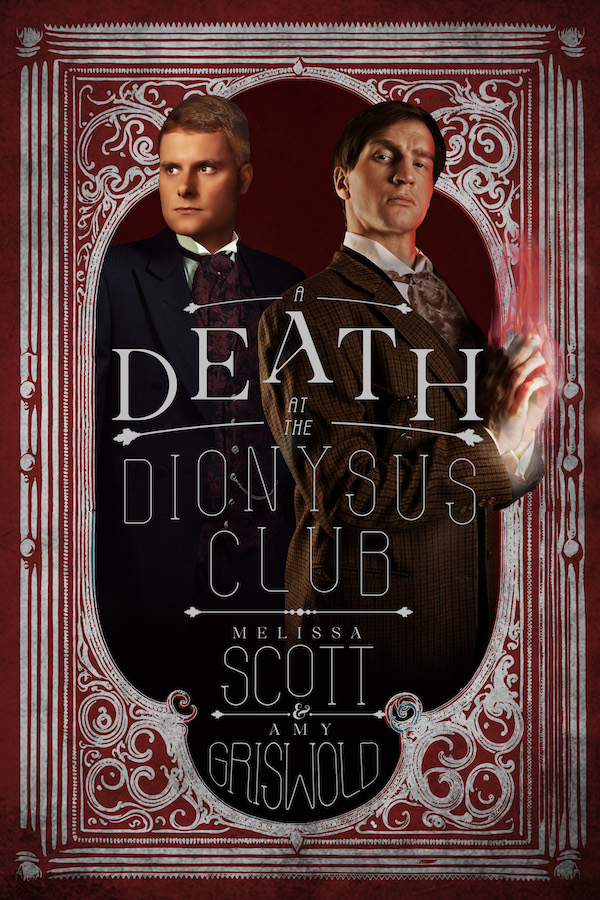
I really enjoy how A Death at the Dionysus Club builds out from Death by Silver, expanding the lives of the protagonists and connected characters as well as the worldbuilding. … the puzzles are intriguing, the perils are exciting, and it’s great how the lovers end up standing for and standing by each other.
Interview: Alix E. Harrow (STARLING HOUSE)
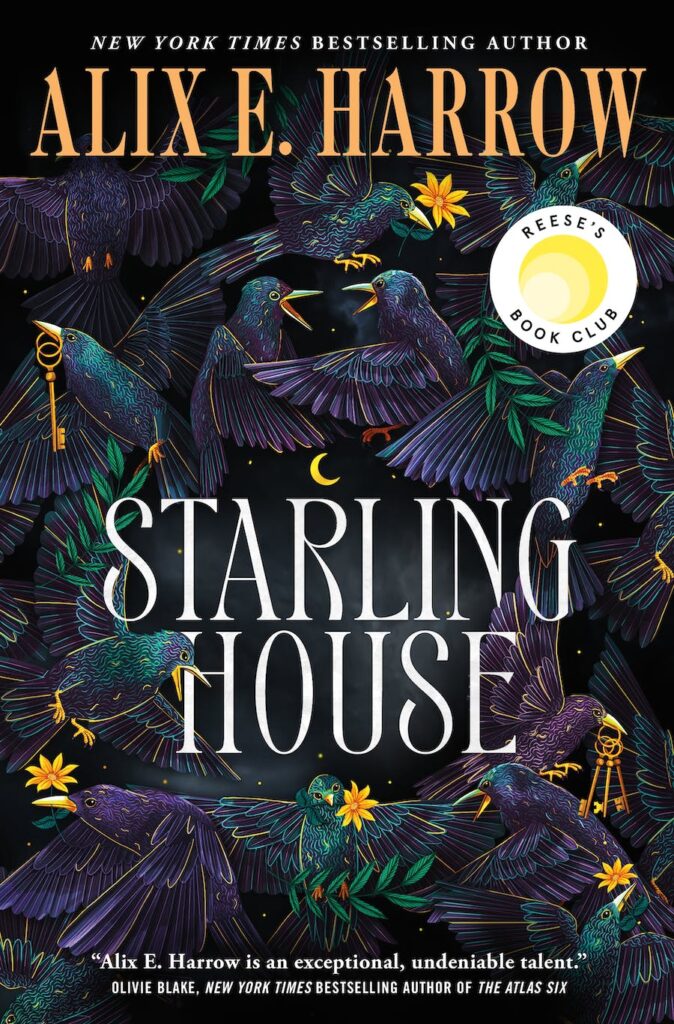
We are excited to bring you an interview with Alix E. Harrow about her newly released novel Starling House, out now from Tor Books. “A grim and gothic new tale from author Alix E. Harrow about a small town haunted by secrets that can’t stay buried and the sinister house that sits at the crossroads of it all.” In addition to this interview, you can read an excerpt from the novel online at Tor.com. For more details on the novel and its author, please read the official book blurb and author information that follow the interview. Thank you again to Alix for doing this interview with us and giving us a perfect autumn read! It’s funny—every time I answer the question of where this book started, I find myself telling a slightly different story. It started when I was staying on my grandma’s farm in Allen County, Kentucky, thinking about sinkholes and caves and everything Kentucky has tried to bury in them. It started when I was a kid, listening to John Prine’s “Paradise.” It started when we bought an abandoned house in Madison County, and it started when we decided to leave it. Really, I guess, the answer is that it started with Kentucky, and with the concept of home. Everything about the genre—the romance, the horror, the fairy tale elements—was really just me trying to fit all the different feelings I have about my home into one book. So I’ll confess that, although I obviously love historical fiction, I do get a little bit itchy at how often the American South is portrayed in the permanent, unchanging past. There’s a sense that authentic southern-ness ends somewhere in the mid-50s—and let’s all take a moment to wonder what happened after the ’50s to damage the wholesome, nostalgic image of the South—and that everything after that is reduced, diluted in some way. Like, try to picture a southern gothic with cell phones; I couldn’t, so I knew I had to write a southern gothic with cell phones. So the needle I was trying to thread was between the sentient house of the gothic (terrifying, hungering, the opposite of the concept of home) and the sentient house of fairy tales (enchanting, cozy, the perfect fulfillment of the concept of home). I stole tropes from both, but tried to interpret them differently? So like, a door slams in a haunted house because it’s evil; a door slams in Starling House because it’s a brat. Oh, yeah. Later in the book I even stetted the spelling of “dreamt” as a direct reference! I actually read a ton of gothics (Beloved, some Faulkner, Housekeeping, Sing, Unburied, Sing, Mexican Gothic, Summer Sons) as aesthetic research, early on, so hopefully there are little nods to all of them. Some—I mean, I have little brothers, who I feel unnecessarily bound to fuss over—but mostly I think it came from my own (fairly traditional) experience as a parent of two kids. I want to write about all the emotions of parenting—the worry and terror, the fumbling love, the daily work of caretaking–but I despise the idea that those experiences only exist within the traditional two-parent biological family. Similarly, the popular reduction of “found family” to “a group of hot young urban gays” doesn’t look anything like my found family. So I ended up with this multi-generational set of relationships, some blood, some not, that make up something like a family. The gothic as a genre is totally about desiring what you fear! And I wanted a gothic heroine who wasn’t punished for giving in to that desire, as so many of them are. To me, Eleanor is what happens when the fear wins out. Not even a little bit, to be honest. I think the problem with me and villains is that I’m fundamentally bored by them, because they’re so fundamentally boring in real life? Like, actual villains don’t commit cruelties because of their fascinating backstories, they do it because it gets them money, power, and comfort. Baine is no less culpable or more interesting because she happens to be a white woman doing the same thing. I think the answer is that I just write…slowly. Like, obnoxiously, counter-productively slowly. There’s the outline, and then a rough draft of the scene, but I can’t actually leave the scene alone until I’ve wrestled every stupid sentence into something I like. I mean, it is a contemporary novel, but it’s a contemporary novel looking backward over one shoulder. I think one of the things you never shake about studying history is the certainty that the present is only explicable to the extent that you’ve explicated the past—so there had to be footnotes and interviews and letters, little glimpses of Kentucky’s past. But because the past isn’t monolithic—because history isn’t a single, objective narrative—the book became a sort of collage of sources and voices. Lee’s is just the easiest to find, because his last name is so recognizable. But you’d find some other Kentucky writers in there, if you looked, and some Kentucky family and friends that only I’d know. And Lee hasn’t written that article, but he has written a novella explicitly about queer monstrosity in Kentucky. The Woods All Black is out in 2024, and if there’s one book I wish I could make people read alongside Starling House, it would be that one. I don’t think I can announce any upcoming projects, other than my next full-length novel, which is about a big sad lady knight stuck in a bad time loop. Honestly, I was always going to write a book about a girl with a sword. Official Book Blurb: “Eden, Kentucky, is just another dying, bad-luck town, known only for the legend of E. Starling, the reclusive nineteenth-century author and illustrator who wrote The Underland―and disappeared. Before she vanished, Starling House appeared. But everyone agrees that it’s best to let the uncanny house―and its last lonely heir, Arthur Starling―go to rot. Opal knows better than to

